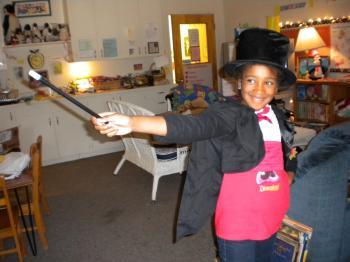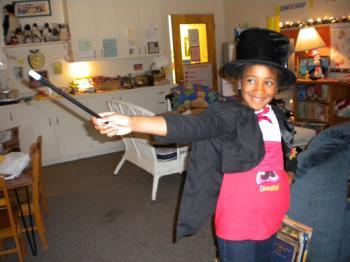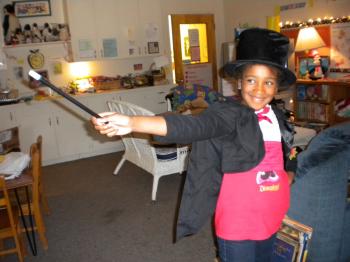The first thing you notice when you walk into Rose Scott School in Chico, Calif., is that the children look comfortable and relaxed.
“We try to make the kids feel like they are at home,” explains Cindy Carlson, the curriculum director and founder of Rose Scott School. Rose Scott specializes in taking kids who are struggling in traditional schools and giving them an environment to thrive in. Over half of the children at Rose Scott are diagnosed as having autism.
I asked Carlson about her background that led her to create her own school. She had spent 30 years in the public school system: teaching, training teachers, and running a private practice in education consulting, helping children with ADHD and other learning disabilities succeed academically. She has a master’s degree in education and wrote a thesis on multiple intelligence theory and education.
During her professional and personal journey, Carlson realized that many of the same children who struggled in school and were labeled with ADHD and learning disabilities were actually the brightest and most creative students. She calls it being gifted with ADHD. She also mentioned that 1 in 75 male births result in a child with autism. She finds that many of these children are also very intelligent. About half of the children at Rose Scott are on the autistic spectrum.
“We try to make the kids feel like they are at home,” explains Cindy Carlson, the curriculum director and founder of Rose Scott School. Rose Scott specializes in taking kids who are struggling in traditional schools and giving them an environment to thrive in. Over half of the children at Rose Scott are diagnosed as having autism.
I asked Carlson about her background that led her to create her own school. She had spent 30 years in the public school system: teaching, training teachers, and running a private practice in education consulting, helping children with ADHD and other learning disabilities succeed academically. She has a master’s degree in education and wrote a thesis on multiple intelligence theory and education.
During her professional and personal journey, Carlson realized that many of the same children who struggled in school and were labeled with ADHD and learning disabilities were actually the brightest and most creative students. She calls it being gifted with ADHD. She also mentioned that 1 in 75 male births result in a child with autism. She finds that many of these children are also very intelligent. About half of the children at Rose Scott are on the autistic spectrum.








